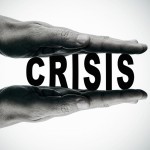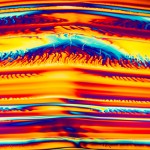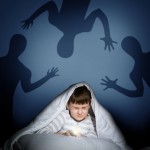Psychosis is a condition that affects a person’s mind and causes changes to the way that they think, feel and behave. A person who experiences psychosis may be unable to distinguish between reality and their imagination. People who are experiencing psychosis are sometimes referred to as psychotic. They may have hallucinations (where you see or hear things that are not there) and/or delusions (where you believe things that are untrue).
Meta-review presents the risks of all-cause and suicide mortality in mental disorders

This recent and well-conducted meta-review concludes that the impact on mortality and suicide of mental disorders is substantial, and probably poorly appreciated as a public health problem. Raphael Underwood’s blog summarises the data for all-cause and suicide mortality in mental disorders.
[read the full story...]













